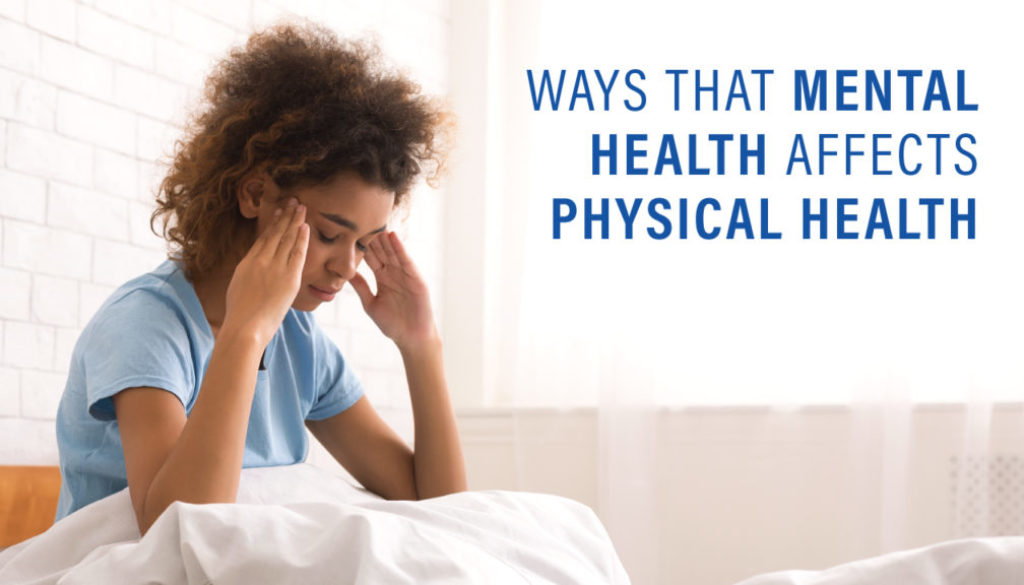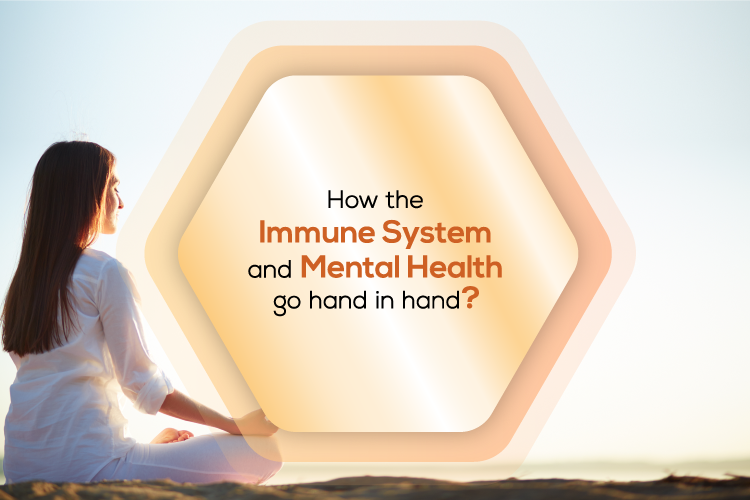Mental Health and Physical Health
Physical health is the state of your body – from the health of your bones, muscles,
and organs to the strength and flexibility of your joints thebuzzreporters. It includes the ability to
maintain a healthy weight and prevent or manage diseases such as heart disease,
stroke, diabetes, cancer, and several other health problems.

It also includes your mental health – your sense of wellbeing and the way you handle
stress, anxiety, depression and other mental problems. A person’s mental health is
influenced by factors such as diet, sleep and exercise, and can be affected by illness
or injury.
There is a growing recognition of the interdependence between mental health and
physical health. This is because people with physical health conditions such as heart
disease, diabetes and some cancers are more likely to experience mental health
problems and vice versa. This may be because some of the same risk factors are
associated with both conditions, such as low self-esteem, poor health habits and
social isolation.
Those with chronic physical conditions are more likely to experience a range of
common mental health problems, such as anxiety and depression. This has
important implications for the individual, their family and friends.
In addition, these conditions often lead to a higher use of health services and poorer
quality of life. The relationship between mental health and physical health is
therefore a critical component of health promotion.

The World Health Organisation (WHO) defines mental health as a state of well-being
in which an individual realizes his or her own abilities, can cope with the normal
stresses of life, can work productively and fruitfully, and is able to make a
contribution to her or his community.
Psychological health is influenced by many different aspects of a person’s life,
including the environment, education, social relations, religion and employment. The
most important are: cognitive functioning – including the ability to pay attention,
remember information and solve problems; emotional functioning – including
optimism and hope; and social functioning – including belonging to a group and
being able to participate in a variety of activities and relationships.
This is important because people with healthy psychological functioning are more
likely to feel a sense of belonging and have positive interpersonal relationships,
which improve their lives.
In order to achieve and sustain healthy psychological functions, it is necessary to
adopt healthy lifestyles which include a balanced diet, regular exercise and
adequate sleep. It is also necessary to reduce unhealthy behaviours such as
smoking, alcohol and drug consumption.
There is a growing body of evidence that physical activity has positive effects on the
brain and helps to decrease the risk of developing mental health problems such as
depression, anxiety, sleeplessness and obesity. These benefits are found in all age
groups and across the population.
It is crucial for all people, regardless of age or ability to do so, to engage in physical
activities. This is especially true if they are physically inactive or overweight.
The WHO recommends that adults accumulate at least 150 minutes per week of
moderate intensity or 75 minutes per week of vigorous intensity physical activity, or
an equivalent combination of both. It is also advisable to do muscle-strengthening
activities on at least 2 days a week.
